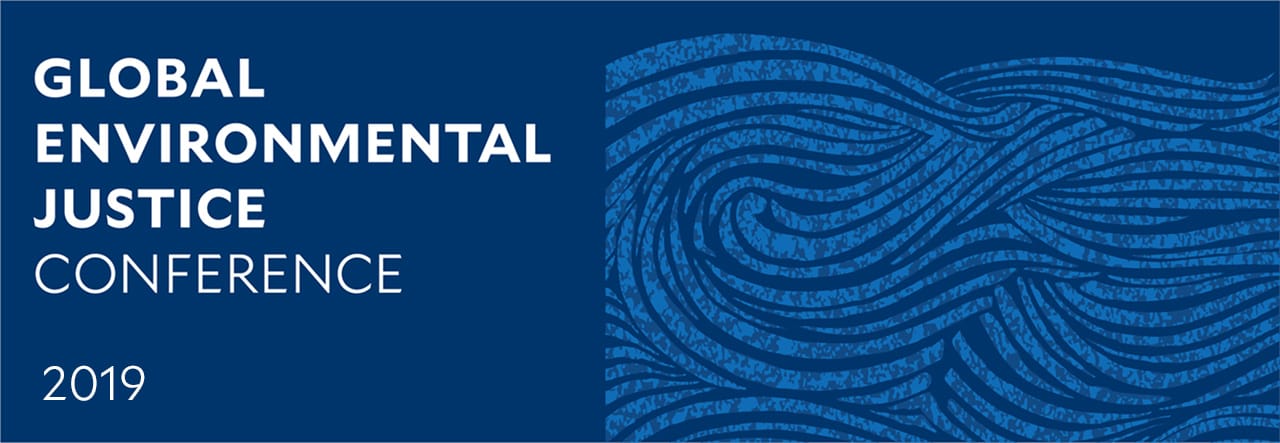Alison Adams
Doctoral Candidate
University of Vermont RSENR & Gund Institute for Environment
My research examines how changing conditions in the coral reefs and coastal areas of West Hawaiʻi affect non-material connections to nature, such as cultural heritage, identity, and sense of place, for people living in the region. Biophysical changes in coastal ecosystems, combined with (post-)colonial processes and the legacy of cultural genocide in Hawaiʻi, have resulted in—and continue to contribute to—unequal or limited access to the coastal areas and experiences that are integral to Hawaiian cultures and identities. This work seeks to further expose the costs of reef and coastal change in terms of these crucial connections with place, and advocates for stronger consideration of these relationships in coastal environmental management.
Type of work: Abstract
View the full research poster here
Assessing the impacts of reef and coastal change on non-material connections to nature in West Hawaiʻi Reef and coastal land- and seascapes are changing at an unprecedented rate worldwide, in large part due to pressures from climate change. During the global coral bleaching event in 2014 and 2015, reefs on the west side of Hawaiʻi Island experienced massive mortality, with 75% average coral loss across all reefs in the region and more than 95% mortality of certain coral species. However, how this kind of rapid environmental change affects cultural connections to nature is a question that has received scant attention in the scholarly literature.
During summer 2018 and spring 2019 we performed 29 semi-structured individual interviews and participatory mapping exercises exploring the impacts of reef and coastal ecosystem decline on participants’ non-material and cultural connections to nature, such as heritage, individual and community identity, traditional subsistence practices, and recreation, among others. Participants included Native Hawaiians, lifelong Hawaiʻi Island residents of other ethnicities, and residents who moved to the island at least five years prior. Although most participants recognize the biophysical effects of climate change on the reefs and coasts, many describe their cultural connections to these ecosystems as highly resilient to these changes, at least at an individual level; however, concerns about generational impacts are widespread, as ecological change forces many places and activities to shift from realms of experience to those of story. Moreover, participants identify neocolonial processes and industries, like the tourism and aquarium fish collecting industries in West Hawaiʻi, as much more threatening to local cultural connections to reefs and coasts than more ecosystem-based drivers like anthropogenic climate change.
Work Product: Presentation
“I don’t want our culture to become just stories”: Assessing the impacts of reef and coastal change on non-material connections to nature in West Hawaiʻi
Work Areas:
Climate change,
Climate justice,
Land,
Local or traditional knowledge,
Water






